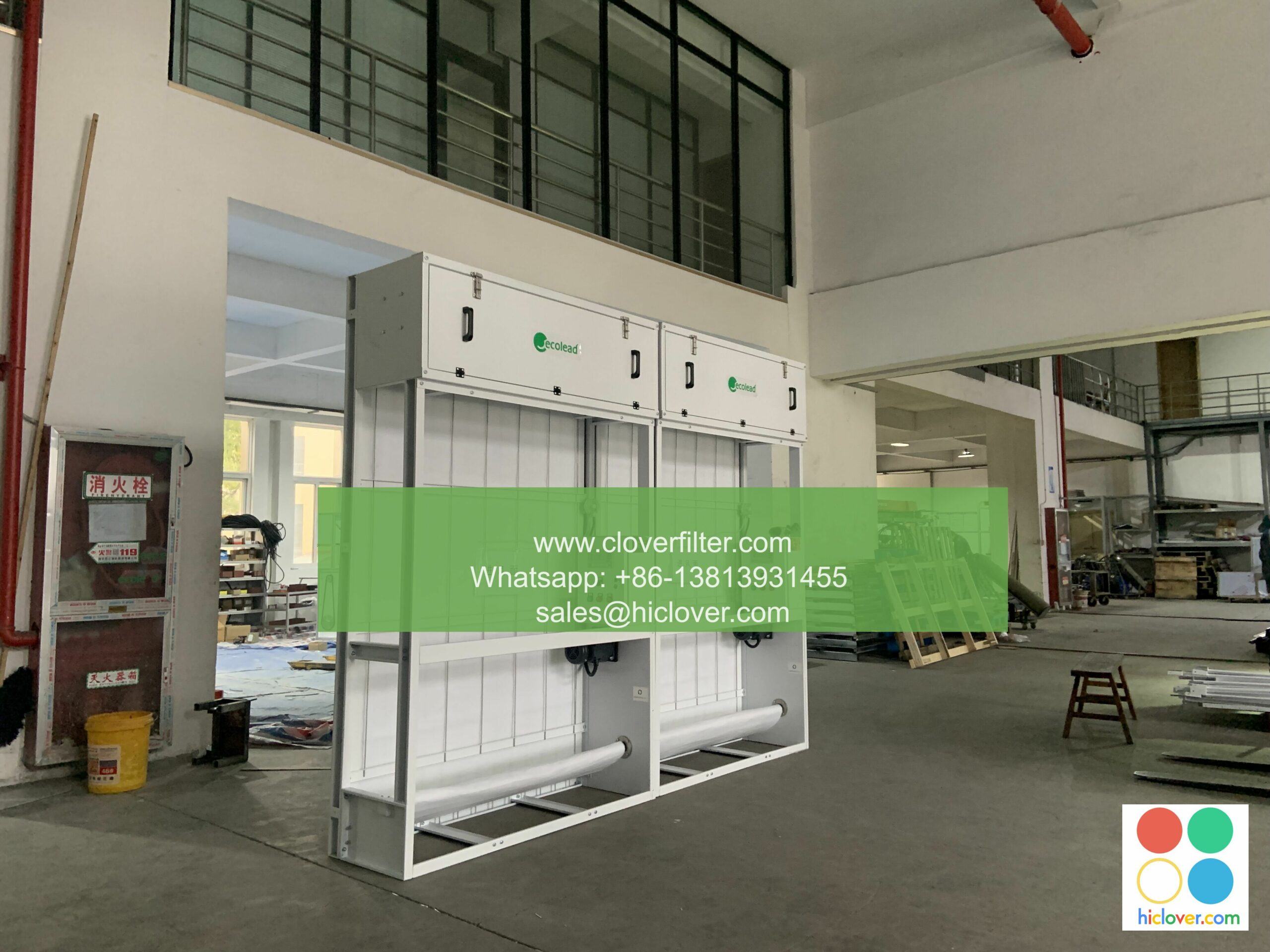Air Filter Standards: The Key to Ensuring Air Quality

Air Filter Standards: The Key to Ensuring Air Quality
The Importance of Air Quality
Air quality is a critical aspect of our daily lives, and ensuring its quality is essential for human health, comfort, and performance. The air we breathe is filled with pollutants, allergens, and other contaminants that can have detrimental effects on our well-being and productivity. To combat this, air filters have emerged as a vital technology to purify the air we breathe, making it safe and healthy to inhale. In this article, we will delve into the key standards governing air filters, their applications, and the benefits they bring to various industries.
The Standards
There are several international and national standards that regulate the use and performance of air filters. Some of the most prominent ones include:
- Particulate Matter (PM): Defined by the United States Environmental Protection Agency (EPA), PM is a generic term for particulate matter in the air, including dust, smoke, and other pollutants. The EPA sets limits on PM concentrations in outdoor air and indoor living spaces.
- Indoor Air Quality (IAQ): The American Society of Heating, Refrigerating, and Air-Conditioning Engineers (ASHRAE) sets standards for IAQ, which focuses on the quality of indoor air in buildings.
- Filter Rating (e.g., HEPA, ULPA, F7, F9, etc.): Despite their differences, all these ratings aim to measure the efficiency of air filters in capturing particulate matter, from the most basic (F5) to the most advanced (ULPA).
- Residential Air Systems: Air filters play a crucial role in maintaining a healthy and comfortable living environment, removing allergens, and pollutants from the air.
- Commercial Buildings: Office spaces, hospitals, schools, and other commercial buildings require high-quality air filters to ensure employee and visitor comfort, minimize the spread of diseases, and improve overall well-being.
- Industrial Applications: Factories, warehouses, and other industrial settings must ensure clean air to prevent equipment damage, reduce noise levels, and maintain a safe working environment.
- Automotive Industry: Air filters in vehicles help remove dangerous pollutants, odors, and allergens, improving in-car air quality and passenger comfort.
- Hospitals and Healthcare: Hospitals, clinics, and medical facilities require the highest levels of air quality to ensure patient health and safety.
- Improved indoor air quality
- Reduced respiratory health issues
- Increased productivity and comfort
- Reduced energy consumption
- Extended HVAC system lifespan
- Minimized equipment damage
- Enhanced overall well-being
Applications and Benefits
Air filters are not limited to a specific industry or sector; they have far-reaching applications in various areas, including:
The benefits of air filters are numerous and diverse, including:
Conclusion
Air filter standards are essential for ensuring air quality, which is critical for our health, comfort, and performance. By understanding the various standards, applications, and benefits of air filters, we can create a healthier, more comfortable, and productive environment for everyone. Whether in residential, commercial, or industrial settings, air filters play a vital role in purifying the air we breathe, reducing the risks associated with poor air quality, and improving our overall well-being.
I’m happy to help with a prompt! What would you like to talk about or have me do?


